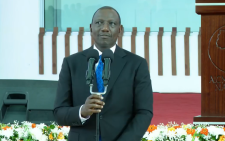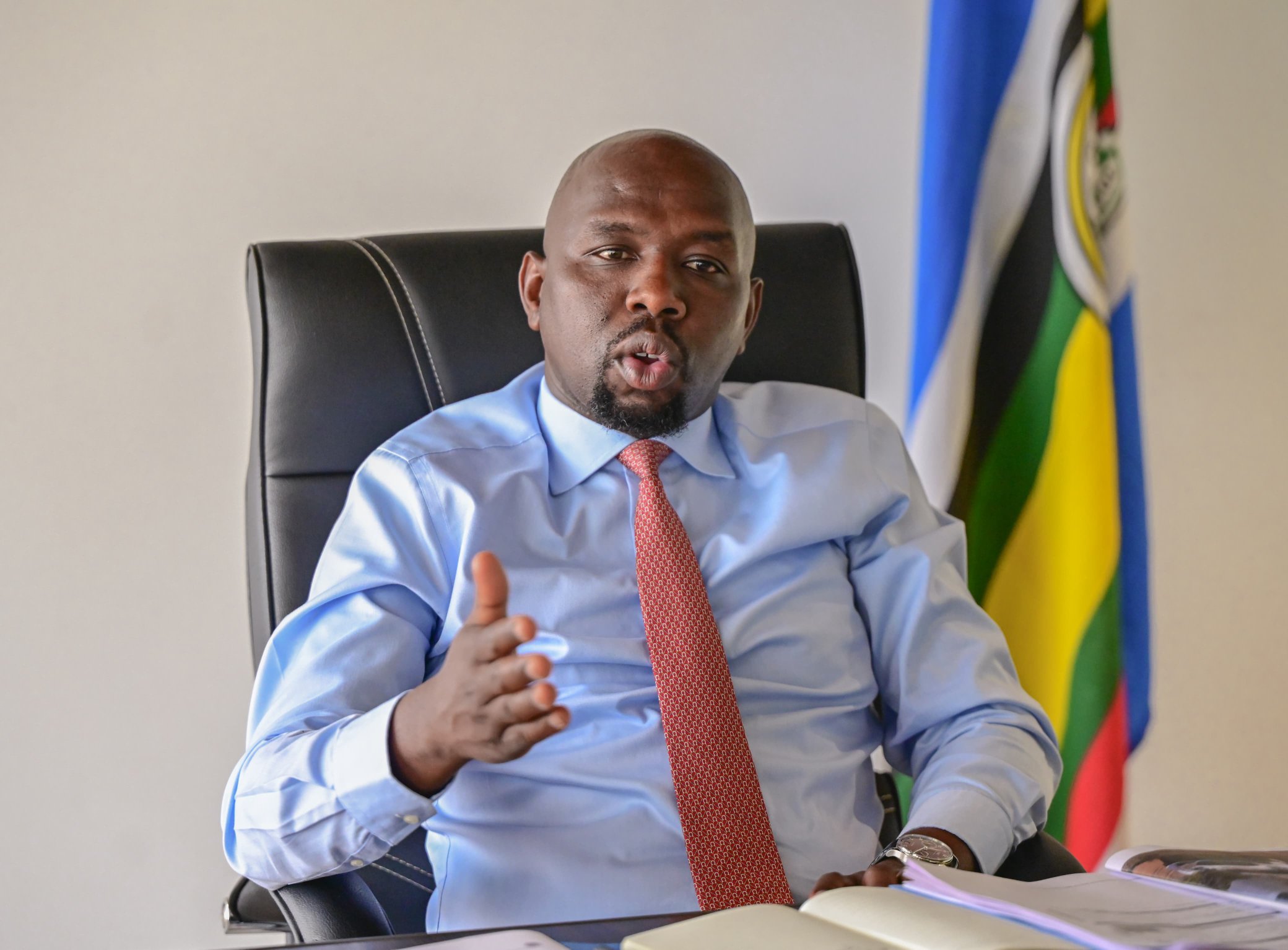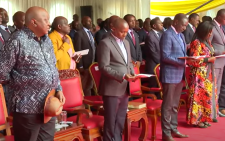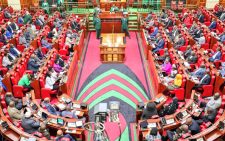Speaker of the National Assembly, Moses Wetang’ula, has called on Members of Parliament (MPs) to refrain from critiquing the government in public forums.
Instead, the former Sirisia Constituency legislator said the MPs should use official channels like parliament to voice their concerns about the affairs of the country.
The Speaker made the comment at the burial of former Kimilili MP Suleiman Murunga on Saturday, November 16, 2024.
“I urged Members of Parliament to refrain from using public platforms, such as funerals, to critique government policies, like the transition from NHIF to SHIF. Instead, I encouraged them to channel their concerns through the National Assembly, where they hold the power to influence policy and enact laws that address these issues,” Wetang’ula‘s statement, posted on X, read.

Sugar law
The former Bungoma County Senator also touched on the Sugar Bill 2024, which was recently assented into law by President William Ruto.
“I reassured farmers that the legislation would breathe new life into the industry, rekindling their lost hopes and restoring their fortunes.
“Assenting to the Sugar Bill by President William Ruto marks a turning point for the sugar industry, which has long grappled with numerous challenges. This new law promises to streamline the sector, providing much-needed relief to farmers, particularly those from the Western region, who depend on sugarcane farming for their livelihood,” he said.
The new sugar law aims to address various issues that have faced the sector, especially in Western Kenya.
“The bill will enable the re-establishment of the Kenya Sugar Board, the creation of the Kenya Sugar Research and Training Institute, and the implementation of the Sugar Development Levy.
“These measures are set to strengthen the industry by boosting production, enhancing milling efficiency, aligning capacity with cane supply, promoting value addition, and providing critical funding to benefit all stakeholders,” a government communique on the bill stated.
According to the new law, the Kenya Sugar Board will be empowered to regulate, develop, and promote the sugar industry, coordinate stakeholders, participate in policy-making, and collaborate with government and research institutions.
It will also oversee the sugar trade, advise growers, regulate pricing, license mills, and conduct market surveillance.

















